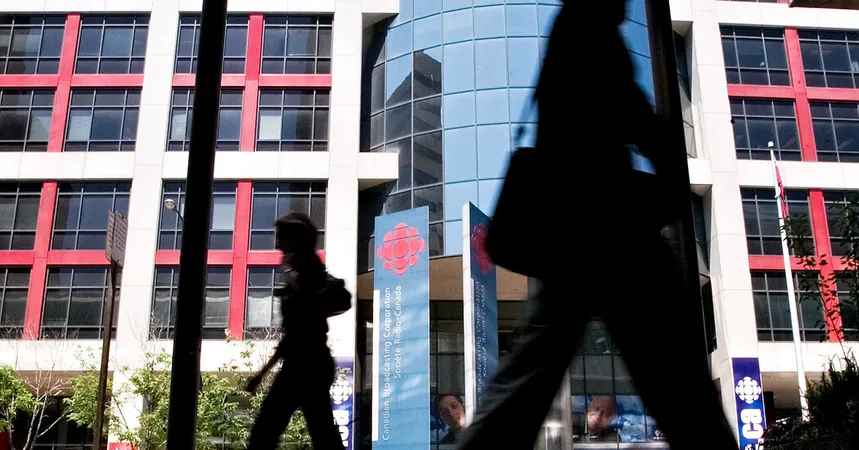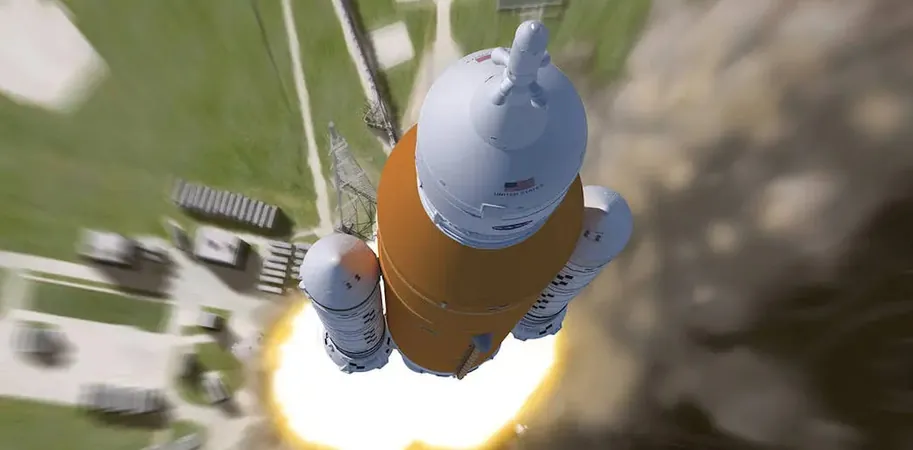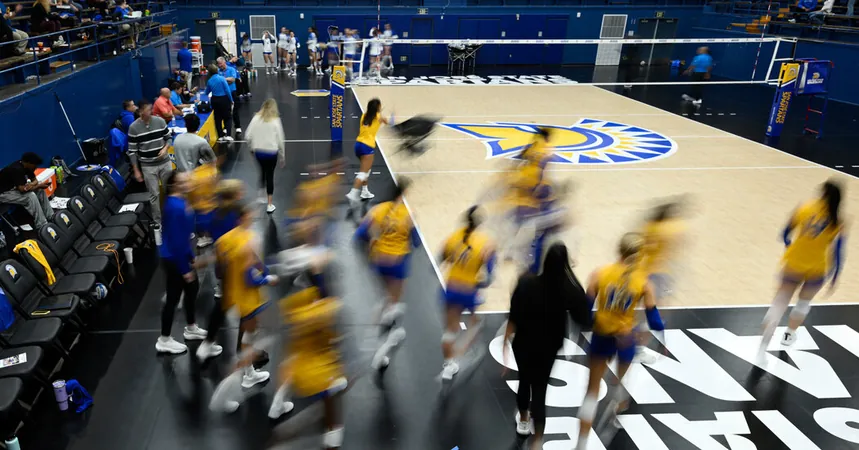
Canadian News Giants Take Bold Legal Action Against OpenAI Over Copyright Violation
2024-11-29
Author: Ken Lee
Introduction
A collective of Canada’s most influential news organizations has initiated a groundbreaking lawsuit against OpenAI, the developer behind the popular artificial intelligence chatbot ChatGPT. This legal battle represents the first of its kind in Canada, with accusations that the AI has unlawfully utilized their content without permission.
Details of the Lawsuit
The lawsuit was filed on Friday morning in the Ontario Superior Court of Justice and includes major players such as the Globe and Mail, the Toronto Star, and the Canadian Broadcasting Corporation (CBC). The media groups are demanding compensation that could escalate into billions of dollars, asserting that OpenAI should pay CAD 20,000 (approximately USD 14,700) for each article they claim has been improperly harvested to train ChatGPT.
Context of the Legal Action
These Canadian outlets are not alone in their fight. Their lawsuit mirrors a recent high-profile case in the United States, where The New York Times and other prominent publications took legal action claiming that their copyright was infringed by OpenAI and Microsoft in 2023. In that instance, both companies have firmly rejected the allegations.
OpenAI's Response
OpenAI responded to the Canadian lawsuit, stating they have yet to examine the claims but maintain that their models are trained on publicly accessible content, emphasizing their adherence to fair use principles. However, the Canadian publishers argue that OpenAI’s approach constitutes a breach of copyright and online usage protocols.
Joint Statement from Canadian Publishers
In a strong joint statement, the Canadian news organizations highlighted that OpenAI scrapes vast arrays of media content to enhance its technology. They stressed that while journalism serves the public interest, using journalistic work for corporate gain without compensation is both illegal and unethical.
Scope of the Lawsuit
The lawsuit spans 84 pages and centers on allegations that OpenAI has infringed on the intellectual property of these news entities while ignoring legal safeguards meant to prevent unauthorized data scraping, including the Robot Exclusion Protocol, paywalls, and copyright notices.
Challenges in Proving Infringement
As the Canadian media organizations prepare their case, they face challenges in proving copyright infringement, a concern echoed by legal experts. Lisa Macklem, a copyright and media law lecturer, remarked that although it appears evident OpenAI may be infringing copyrights, establishing this in court could be technically complex.
Implications for AI and Copyright Law
This legal development comes at a time when the conversation around generative AI and intellectual property rights is heating up. As traditional publishers and content creators grapple with the implications of AI technology on their work, the outcome of this lawsuit could set a precedent affecting numerous industries and international copyright laws.
Other Legal Troubles for OpenAI
In addition to these legal troubles, OpenAI is also facing scrutiny from other quarters, including a recent lawsuit from co-founder Elon Musk, who alleges that the company has sidelined public interest in favor of profit. OpenAI, for its part, has described this lawsuit as without merit.
Conclusion
As the battle unfolds, stakeholders across the media and technology sectors are keenly watching, wondering how this case might reshape the landscape of AI, journalism, and copyright in the future.





 Brasil (PT)
Brasil (PT)
 Canada (EN)
Canada (EN)
 Chile (ES)
Chile (ES)
 España (ES)
España (ES)
 France (FR)
France (FR)
 Hong Kong (EN)
Hong Kong (EN)
 Italia (IT)
Italia (IT)
 日本 (JA)
日本 (JA)
 Magyarország (HU)
Magyarország (HU)
 Norge (NO)
Norge (NO)
 Polska (PL)
Polska (PL)
 Schweiz (DE)
Schweiz (DE)
 Singapore (EN)
Singapore (EN)
 Sverige (SV)
Sverige (SV)
 Suomi (FI)
Suomi (FI)
 Türkiye (TR)
Türkiye (TR)